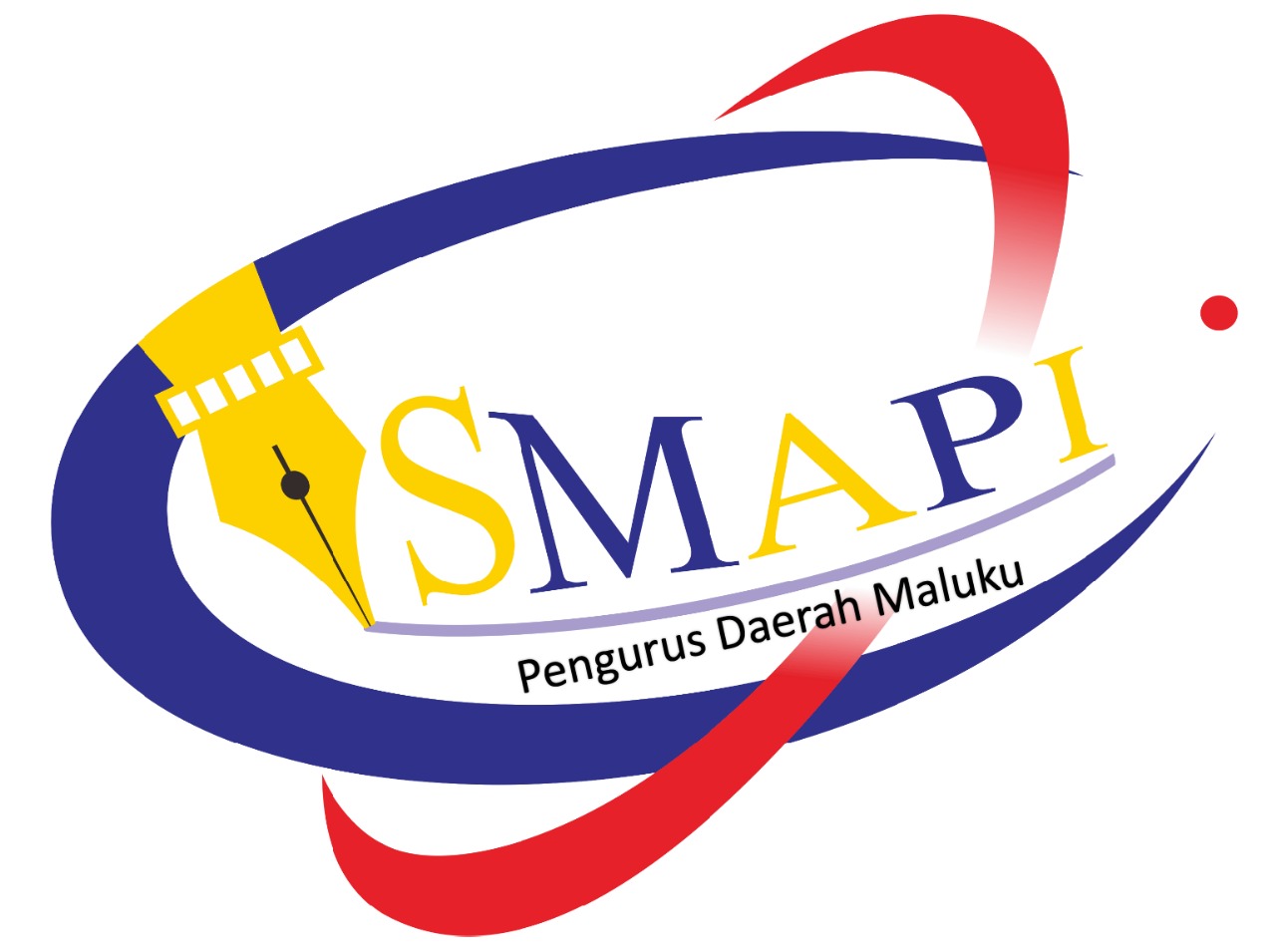BHINNECARD: A CARD-BASED EDUCATIONAL GAME TO FOSTER TOLERANCE IN INDONESIAN JUNIOR HIGH SCHOOLS
DOI:
https://doi.org/10.59397/edu.v4i1.142Keywords:
Adolescents, Character education, Game-based learning, School counseling, ToleranceAbstract
Intolerance among Indonesian adolescents—manifested in prejudice, identity-based bullying, and fragile classroom harmony—signals gaps in the internalization of pluralism at school. This study addressed that challenge by developing and testing BHINNECARD, a card-based guidance medium grounded in the spirit of Bhinneka Tunggal Ika to foster tolerance through experiential dialogue, perspective-taking, and action planning. The objectives were to (1) design a culturally contextualized educational card game for junior high schools, (2) establish its feasibility through expert and practitioner validation, and (3) evaluate its effectiveness for improving students’ tolerance attitudes. Using an R&D design with the 4D model (Define–Design–Develop–Disseminate), we conducted expert reviews (media and content), teacher usability assessments, and a one-group pretest–posttest trial with 66 students at SMP BOPKRI 1 Yogyakarta. Instruments included structured validation sheets and a 40-item tolerance scale with strong internal consistency (overall α ≥ .90; item–total r = .304–.674). Media experts rated the prototype highly feasible (108/108), content experts rated it feasible (92/116) with minor editorial refinements, and counselors judged classroom practicality as high. Effectiveness testing showed a significant gain from pretest (M = 103.14, SD = 8.22) to posttest (M = 127.58, SD = 11.87), t-test p < .001, indicating meaningful attitudinal improvement. We conclude that BHINNECARD is an instructionally efficacious, low-cost medium that can be implemented within standard group-guidance sessions to cultivate tolerance. Practically, schools can integrate it into character-education strands to scaffold respectful dialogue and inclusive norms with minimal preparation. Future research should employ multi-site randomized or quasi-experimental designs, streamline overlapping items in the tolerance scale, and include behavioral follow-ups (e.g., teacher logs or peer nominations) to corroborate self-report outcomes.
Downloads
Published
How to Cite
Issue
Section
Citation Check
License
Copyright (c) 2025 EDUCATIONE

This work is licensed under a Creative Commons Attribution 4.0 International License.




















